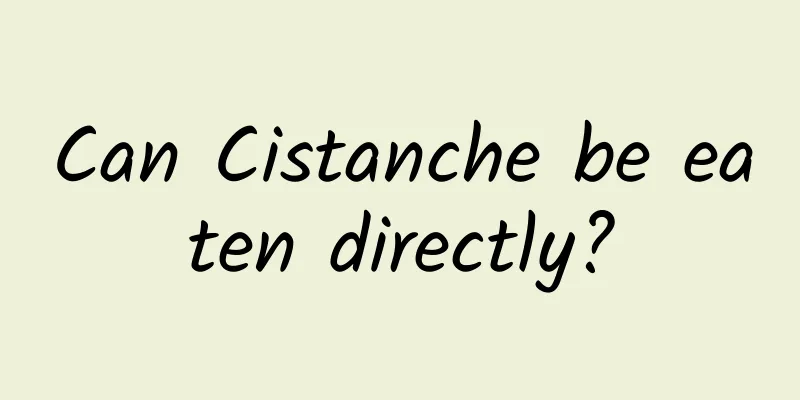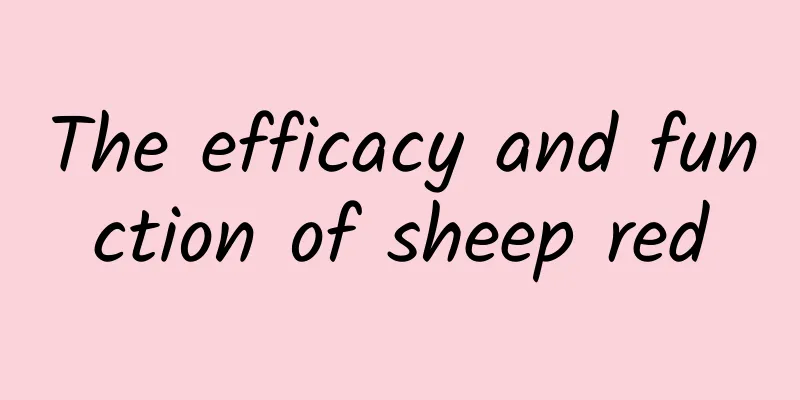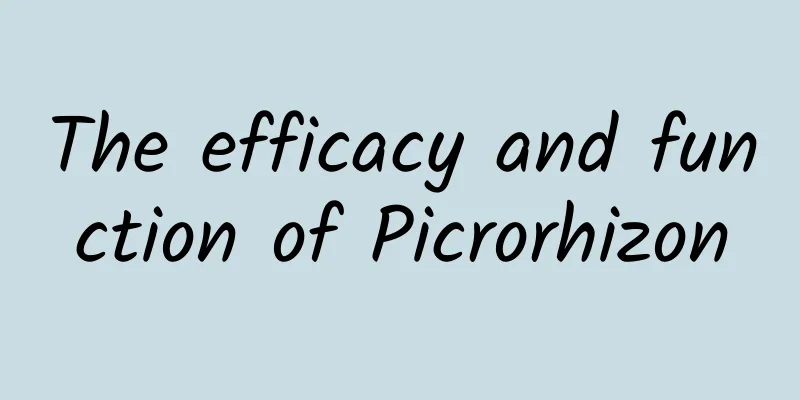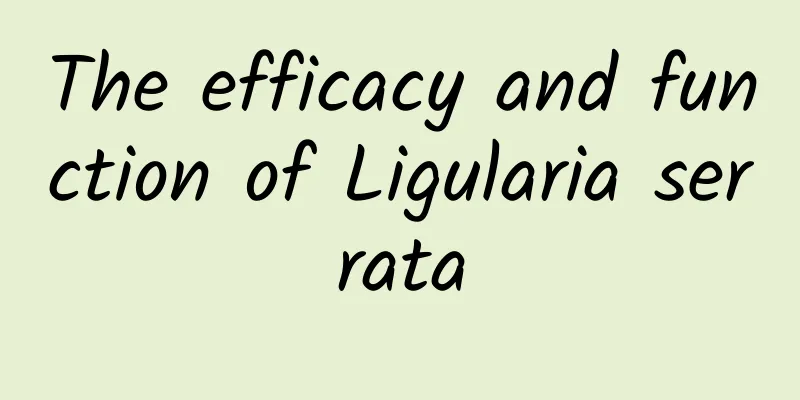Can I still drink the Chinese medicine if it is a little spicy?
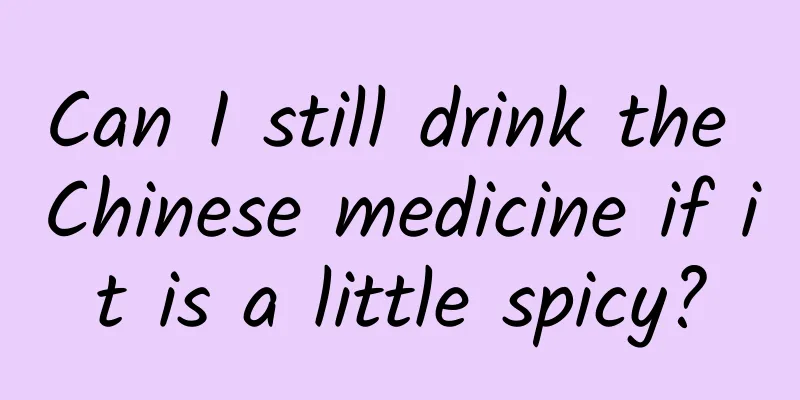
|
Traditional Chinese medicine is very effective in treating chronic diseases or regulating the body's sub-health, but it is also troublesome to take Chinese medicine. It needs to be decocted before taking. However, some people are not familiar with this and the medicine ends up being a little stale. So, can you still drink the decocted Chinese medicine if it's a little stale? Generally speaking, there is no big problem with boiling Hu, and it is okay to drink, but it is best to pour out the Hu part to avoid losing the efficacy of the medicine. Can I still drink Chinese medicine if it gets mushy? When decocting Chinese medicine, the medicine juice often dries up or even becomes a burnt paste due to adding too little water, using too high a fire or forgetting the decocting time. So some people add more water during the second decoction, thinking that they can boil out the amount of medicine from the first decoction. This practice is wrong. For medicines that have been boiled dry but not yet into a paste, add an appropriate amount of water and boil them for a while before taking them. However, the medicinal ingredients in the decoction are destroyed and the efficacy is reduced. Some medicines have other effects after being decocted into a paste. For example, Schizonepeta is an antipyretic drug, but after being decocted into a paste, it becomes Schizonepeta charcoal, which loses its antipyretic effect and instead produces hemostatic effect. Another example is Puhuang is used to invigorate blood circulation, but after being decocted into a paste, Puhuang charcoal becomes hemostatic, which has the opposite effect. 3 easy-to-use techniques for decocting Chinese herbs 1. The medicine jar must be cleaned When decocting Chinese medicine, the medicinal juice is concentrated due to evaporation of water, and a layer of medicine scale often accumulates at the bottom and around the medicine pot. If the medicines decocted in the medicine pot are frequently changed and the accumulated medicine scale is not wiped off in time, the medicine scale will dissolve when new medicines are put in for decoction, interfering with and reducing the efficacy of the medicines, and even delaying the treatment of the disease. Especially if you have ever decocted highly toxic medicines or external medicines that cannot be eaten, it may cause poisoning. In addition, if the Chinese medicine is not cleaned immediately after each decoction, the scale at the bottom of the medicine pot will become thicker and thicker, and it will easily burn when the medicine is re-decocted, thus losing its efficacy. 2. Whether to cover the medicine Generally speaking, in order to ensure that Chinese medicine is decocted thoroughly, it is best to cover it. Especially Chinese medicines containing volatile ingredients, such as mint, patchouli, perilla leaves, etc., must be decocted in a short time to prevent the volatilization of the effective ingredients. Certain precious medicines, such as ginseng, deer antler, wolfberry, etc., to fully release the active ingredients. Some Chinese herbal medicines are light in weight and large in size, such as Centella asiatica, Prunella vulgaris, Smilax glabra, Luffa loofah, and Corn silk. They should not be covered during cooking, otherwise they will often overflow from the pot. The lid can be opened for cooking, and stirring is required at any time. 3. Fry thoroughly and squeeze dry "Decoction thoroughly" means to fully release the effective ingredients of the medicine, which is the basic requirement for decocting medicine. Medicines with a tough texture that are difficult to release their active ingredients at once can only be made thick and fully effective by decocting them separately, decocting them first, or decocting them for a long time. Medicines with a loose texture and light and aromatic properties do not need to be decocted for too long; however, herbs with a light texture and large size should be stirred frequently to facilitate decocting. |
<<: How to relieve stomach discomfort after taking Chinese medicine
>>: Does Musk tonify the kidneys?
Recommend
Using special chocolate as material! He spent 9 years making edible 3D printing
"3D printing is something you can never fini...
He built bridges to build the country and blew up bridges to save the country. He believed that "there is no bridge that cannot be built"
On the road of scientific exploration, countless ...
Why is tangerine peel steamed and dried three times?
We all know that the most important thing when co...
The efficacy and function of dog spine
Do you know Cibotium barometz? It is a common Chi...
The efficacy and function of the root of Lophatherum gracile
Loblolly root is a very common medicinal material...
What are the effects of Huangweizi?
Gardenia jasminoides is a common Chinese herbal m...
The efficacy and function of Eucommia ulmoides
What we usually call Eucommia ulmoides is actuall...
The efficacy and function of Polygonum multiflorum
Any disease can cause great harm to human health,...
The efficacy and function of mountain beaver bone
We can often see beaver bones in our daily life. ...
Can the "mermaid" in "Classic of Mountains and Seas" return to China?
The dugong, known as the "mermaid", is ...
Evening primrose oil soft capsule
Evening primrose oil capsules?Everyone hopes to h...
The effects and functions of stinky plums
Stinky plum is a medicinal material. If we have s...
The efficacy and function of bitter licorice
We know that there are many kinds of Chinese medi...
Mars Exploration: Why Should Humans Conquer the Red Planet?
In the solar system, Mars, Mercury and Venus are ...
The efficacy and function of seven leaf ginseng
Seven-leaf ginseng contains a variety of nutrient...
